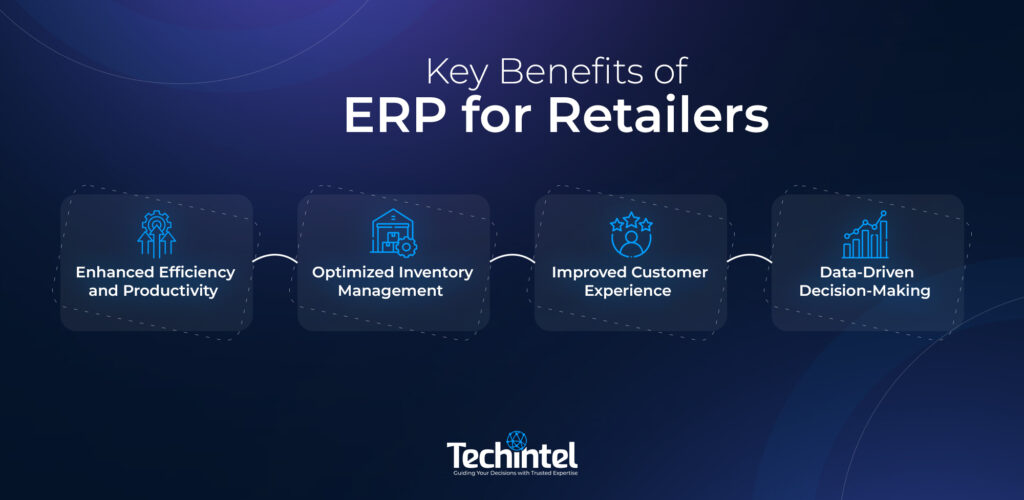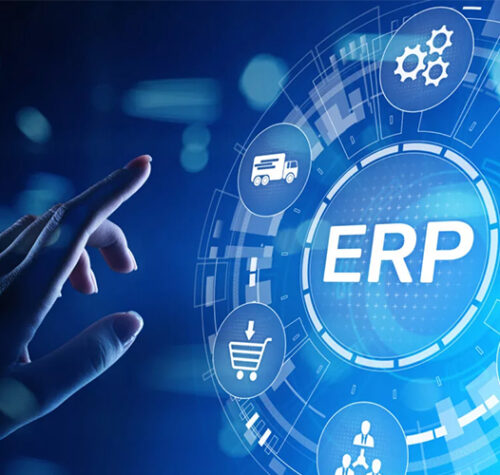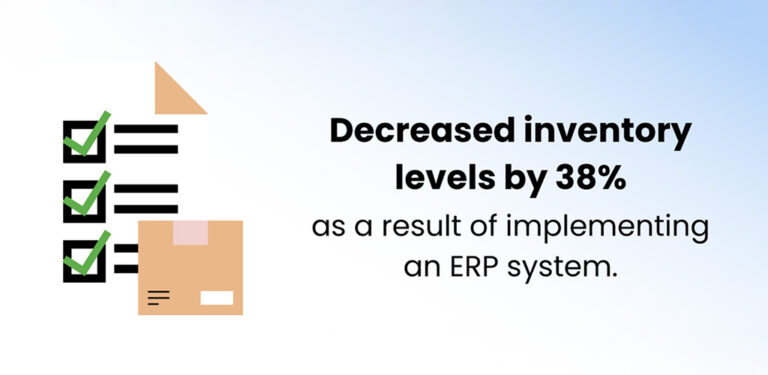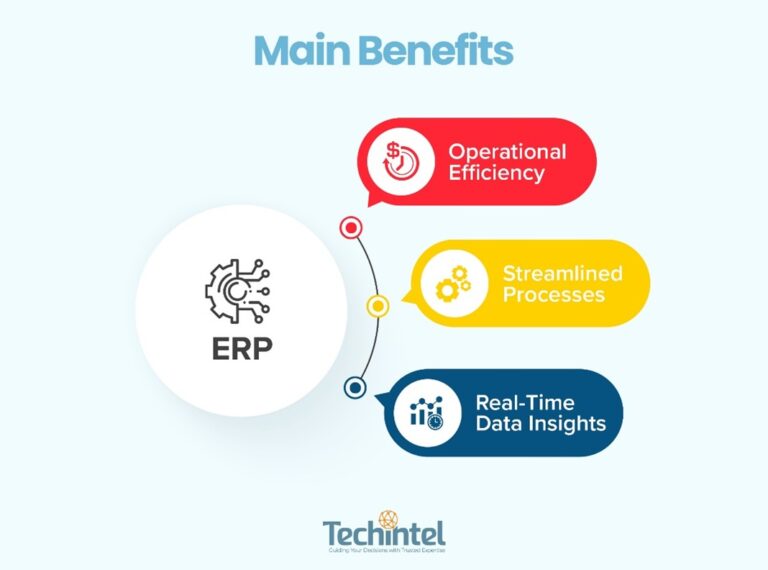
How IFS Cloud Revolutionizes Manufacturing Processes in 2025
The manufacturing industry in 2025 faces unprecedented challenges, from fluctuating customer demands and rising raw material costs to supply chain disruptions and labor shortages. In this dynamic landscape, IFS Cloud has emerged as a transformative solution, enabling manufacturers to streamline operations, enhance efficiency, and maintain a competitive edge. Here’s how IFS Cloud is revolutionizing manufacturing processes this year.
1. Service-Centric Approach Tailored for Manufacturers
Unlike traditional ERP systems, IFS Cloud adopts a service-centric model that aligns closely with manufacturers’ unique needs. Its modular architecture integrates various critical systems—such as ERP, Manufacturing Execution Systems (MES), Product Lifecycle Management (PLM), and Customer Relationship Management (CRM)—into a unified platform. This holistic integration ensures seamless workflows across the entire production lifecycle, from planning to shipment.
For example, manufacturers using configure-to-order (CTO) or engineer-to-order (ETO) processes can leverage IFS Cloud’s tailored modules to manage complex customizations efficiently while reducing lead times.
2. AI-Driven Insights for Operational Efficiency
IFS Cloud leverages artificial intelligence (AI) and machine learning to optimize manufacturing processes. AI-powered tools like predictive maintenance help foresee equipment failures, minimizing downtime and maintenance costs. Similarly, demand forecasting analyzes historical data and market trends to optimize inventory levels and meet customer demands with precision.
A real-world application of this is seen in manufacturing plants where AI-driven scheduling tools identify bottlenecks on production lines and suggest adjustments in real time. This not only improves throughput but also enhances overall equipment effectiveness (OEE).
3. Industry-Specific Modules for Unique Challenges
Manufacturers operate in diverse sectors—ranging from discrete and process manufacturing to mixed-mode production—and each has its own set of challenges. IFS Cloud addresses these complexities with industry-specific modules designed for modes like make-to-stock (MTS), make-to-order (MTO), and batch process manufacturing.
For instance, pharmaceutical manufacturers can use formula-based modules to ensure compliance with stringent regulatory requirements while maintaining high product quality. Similarly, food manufacturers benefit from tools that manage recipes and batch tracking seamlessly.
4. Seamless Integration with Existing Systems
One of IFS Cloud’s standout features is its ability to integrate seamlessly with existing systems and third-party solutions. Whether it’s connecting with shopfloor equipment for real-time data capture or integrating with external MES platforms, IFS Cloud ensures smooth interoperability without disrupting ongoing operations.
This capability is particularly valuable for manufacturers transitioning from legacy systems to modern cloud-based solutions. By eliminating the need for costly hardware upgrades, IFS Cloud reduces IT overhead while enabling scalability.
5. Enhanced Collaboration Across Departments
In today’s globalized manufacturing environment, effective collaboration is critical. IFS Cloud fosters enhanced teamwork by providing mobile accessibility and real-time data sharing across departments. Teams can access dashboards, share documents, and make decisions collaboratively from any location.
For example, a plant manager can monitor production metrics remotely while coordinating with procurement teams to address potential supply chain disruptions proactively. This agility not only improves responsiveness but also boosts customer satisfaction through timely deliveries.
Real-World Impact: Driving Efficiency and Growth
Manufacturers adopting IFS Cloud report tangible benefits such as:
- Improved Forecast Accuracy: AI-driven simulations help align production schedules with market demands.
- Cost Savings: Predictive maintenance reduces downtime costs, while cloud hosting eliminates the need for expensive on-premises infrastructure.
- Enhanced Quality Control: Integrated quality management tools ensure consistent product standards while reducing waste.
For instance, a leading automotive parts manufacturer using IFS Cloud reduced lead times by 20% while achieving a 15% increase in production efficiency through optimized resource allocation and predictive analytics.
Summary
IFS Cloud has redefined what’s possible in manufacturing by combining advanced technologies like AI, IoT integration, and industry-specific functionality into one powerful platform. Its ability to adapt to unique operational needs while enhancing collaboration and efficiency makes it an indispensable tool for manufacturers navigating the challenges of 2025.
As the industry continues to evolve, embracing solutions like IFS Cloud will be critical for staying competitive in an increasingly digital world.













